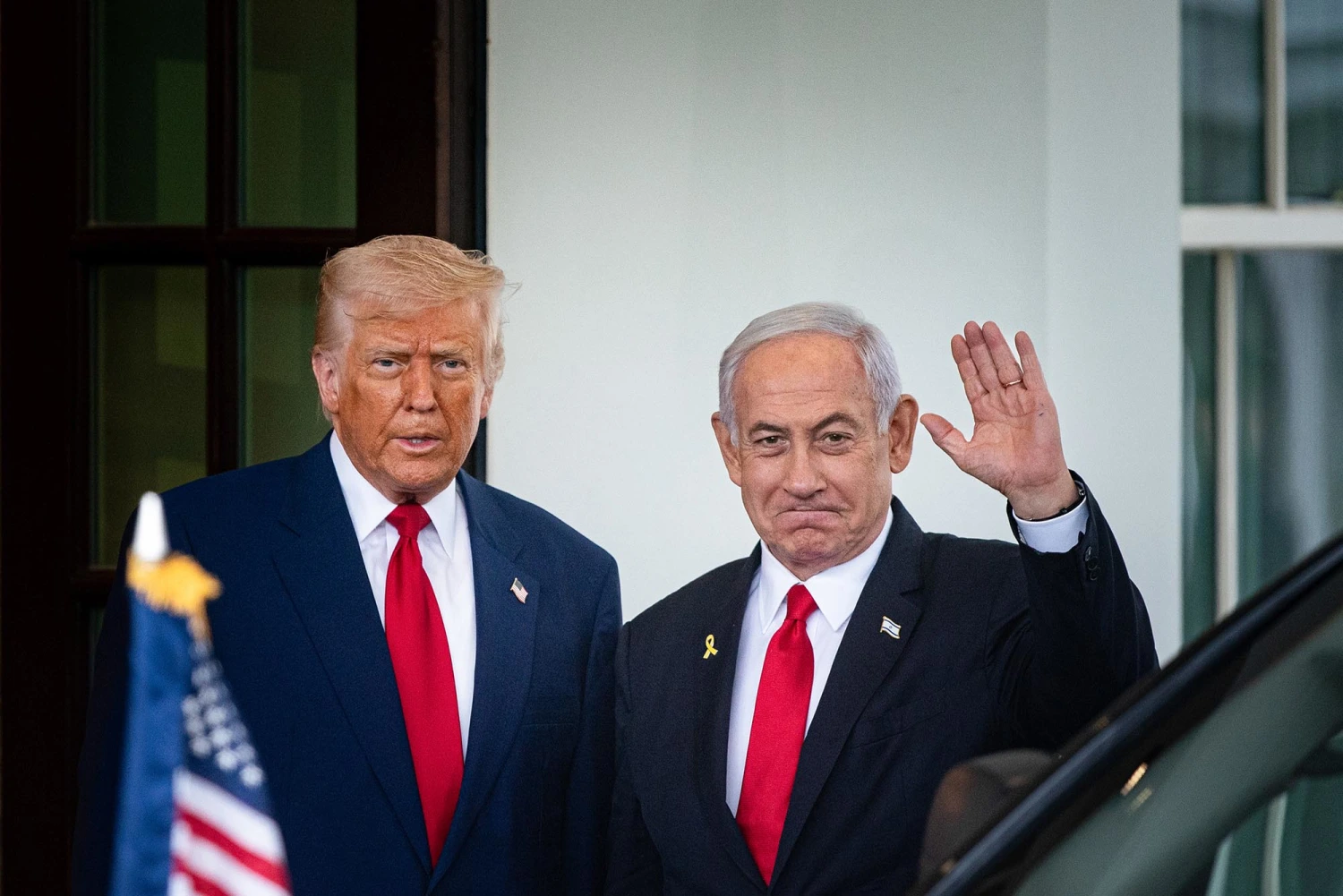President Donald Trump is preparing to host Israeli Prime Minister Benjamin Netanyahu at the White House on Monday for talks aimed at halting the war in Gaza. The meeting marks their fourth encounter since January and comes at a critical moment as both leaders seek to shape a potential ceasefire agreement. Trump has described the effort as a historic opportunity for “greatness in the Middle East,” suggesting that, for the first time, all parties may be moving in the same direction.
U.S. Mediates Gaza Conflict with Focus on Hostages, Hamas, and Aid
The Trump administration has positioned itself at the center of the negotiations, though key details remain uncertain. Trump has not outlined specific terms related to Gaza’s future, including disarmament measures or prisoner swaps, but confirmed that indirect talks involving Hamas and Israel will take place later this week in Qatar. Vice President JD Vance reinforced the U.S. commitment, calling the discussions “very complicated” but expressing optimism about progress.
According to Vance, Washington’s proposal rests on three central goals: securing the release of hostages, neutralizing Hamas as a security threat to Israel, and increasing humanitarian assistance to civilians in Gaza. He suggested that meaningful advances have been made on all fronts but warned that fragile negotiations could unravel at the last minute. Netanyahu echoed these priorities, highlighting Israel’s determination to both free captives and dismantle Hamas’ military infrastructure.
Netanyahu Pushes Regional Peace Vision Amid UN Protests and Palestinian Statehood Demands
Beyond immediate concerns, Netanyahu framed the talks as a chance to reshape the region’s future. In a U.S. television interview, he emphasized the importance of demilitarizing Gaza and establishing a foundation for long-term peace that benefits both Israelis and Palestinians. He argued that such an arrangement could pave the way for a more stable Middle East, provided international partners remain engaged and unified.
The bilateral meeting also comes against the backdrop of sharp divisions on the world stage. At the recent United Nations General Assembly, dozens of delegates walked out during Netanyahu’s address, signaling widespread frustration with Israel’s policies. Days later, Palestinian Authority President Mahmoud Abbas addressed the assembly remotely, accusing Israel of genocide and urging full U.N. recognition of Palestinian statehood. His remarks drew applause but also underscored the deep rift in international opinion.

Leave a Reply